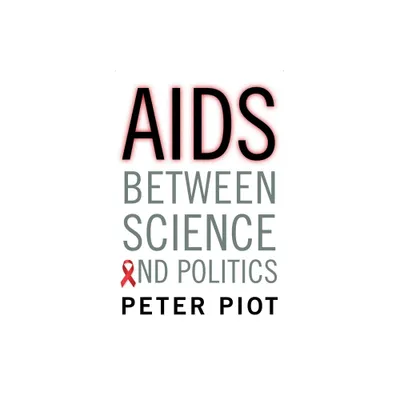Home
Luigi Amoroso: The Building of Economics Between Science and Ideology
Loading Inventory...
Barnes and Noble
Luigi Amoroso: The Building of Economics Between Science and Ideology
Current price: $109.99


Barnes and Noble
Luigi Amoroso: The Building of Economics Between Science and Ideology
Current price: $109.99
Loading Inventory...
Size: Hardcover
*Product Information may vary - to confirm product availability, pricing, and additional information please contact Barnes and Noble
This book outlines the rich and complex path of Luigi Amoroso, the main exponent of the Paretian School in Italy and probably the most important Italian mathematical economist during the interwar period. The author presents, in a systematic form, the evolution of Amoros's thinking and his main achievements. Despite his relevance, many aspects of Amoroso's thought are little known or misunderstood.
This volume delves further to explore the Paretian tradition in which Amoroso enlisted, the conservative anti-democratic ideology that prompted his adhesion to fascism, his contribution to defining the main features of economic theory as formal science, and his various contributions to specific fields such as microeconomic theory, equilibrium dynamics, business cycles and non-competitive markets. It will be relevant to students and researchers interested in the history of economic thought.
This volume delves further to explore the Paretian tradition in which Amoroso enlisted, the conservative anti-democratic ideology that prompted his adhesion to fascism, his contribution to defining the main features of economic theory as formal science, and his various contributions to specific fields such as microeconomic theory, equilibrium dynamics, business cycles and non-competitive markets. It will be relevant to students and researchers interested in the history of economic thought.

















